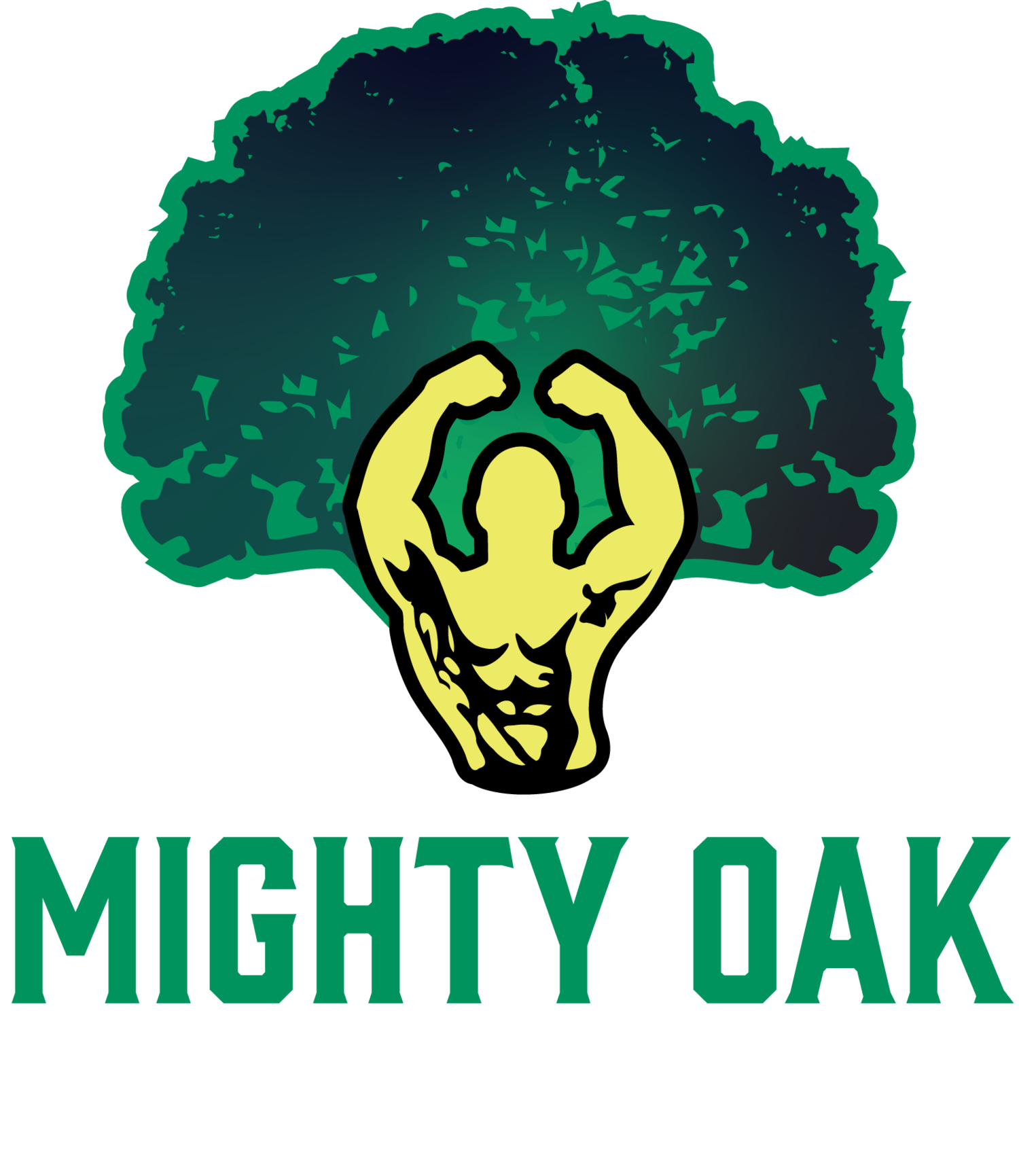Why I Say “No” When a Kid Asks for Help: The Köhler Effect
Mighty Oak Athletic Podcast S2:E59 - Why I Say “No” When a Kid Asks for Help: The Köhler Effect
At Mighty Oak Athletic, kids help each other.
Every day I hear it:
“Coach Mike, can you help me get this bar?”
“Can you lift this bench?”
“Can you grab me a weight vest?”
“Can you spot me on the bench?”
And my answer is always the same:
“No. But she can help you.”
The Real Reason I Say No
At first, the kids think I’m being mean.
But I’m not.
I’m teaching them something more important than how to lift weights.
I’m teaching them how to connect, communicate, and contribute.
When I tell one athlete to ask another for help, it sparks a small but powerful chain reaction.
They make eye contact.
They talk.
They learn each other’s names.
They build trust.
And before long, those small moments create something bigger — a community.
What the Köhler Effect Teaches Us
In psychology, this is called the Köhler Effect.
It’s the idea that people work harder when they’re part of a group — especially when they don’t want to be the weak link.
It’s what happens when a kid sees their partner grinding through a tough set and decides to push harder too.
It’s the silent motivation that comes from teamwork, accountability, and shared effort.
In short, it’s what turns “I can’t” into “I’ll try.”
How It Works in the Weight Room
At Mighty Oak, the Köhler Effect shows up everywhere:
When one athlete finishes their reps and stays to spot a friend.
When a newer kid asks for help and another proudly steps up.
When the room buzzes with energy because no one is training alone.
This is where strength multiplies — not just in muscles, but in mindset.
The group lifts more than the weight.
They lift each other.
Why It Matters
We don’t just train for sports.
We train for life.
Learning to ask for help — and learning to offer it — builds confidence, leadership, and independence.
It teaches kids that success isn’t about being the strongest.
It’s about making everyone around you stronger too.
So when a kid asks me for help and I say “No,” what I really mean is:
“I believe you can figure this out together.”
That’s the Mighty Oak way.

